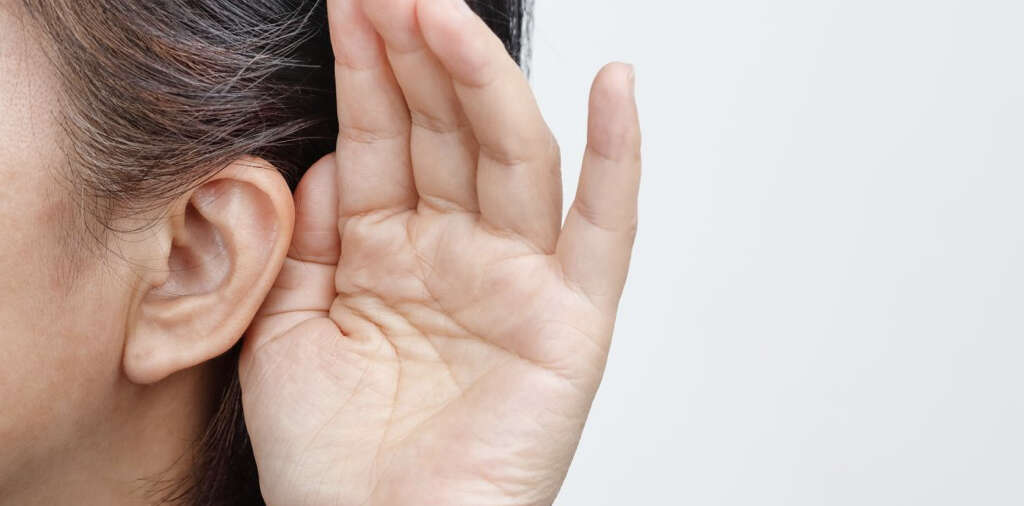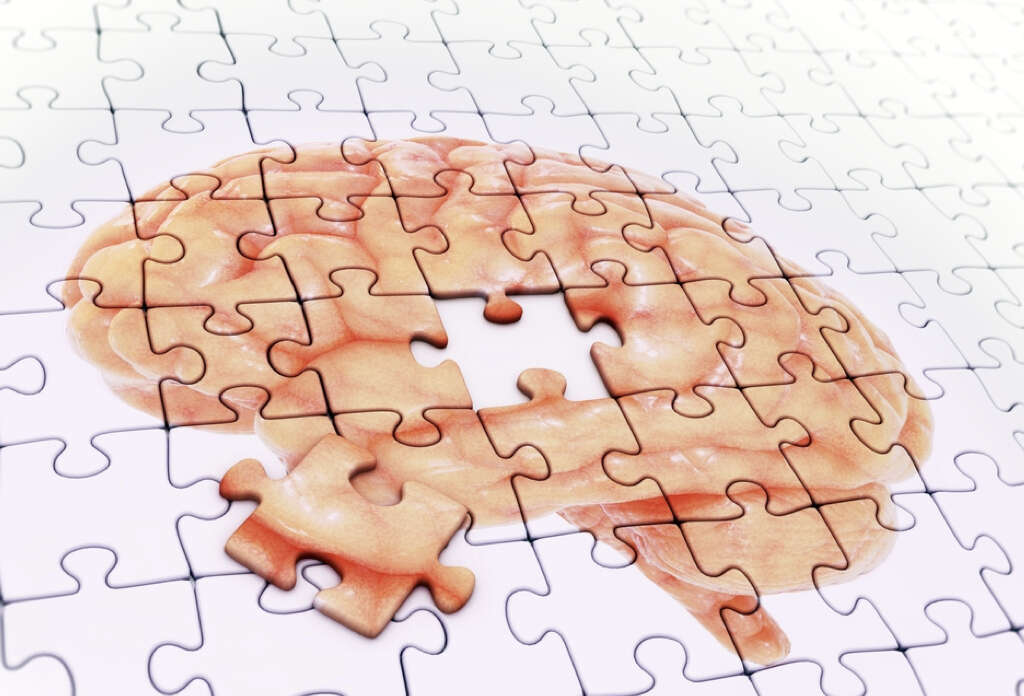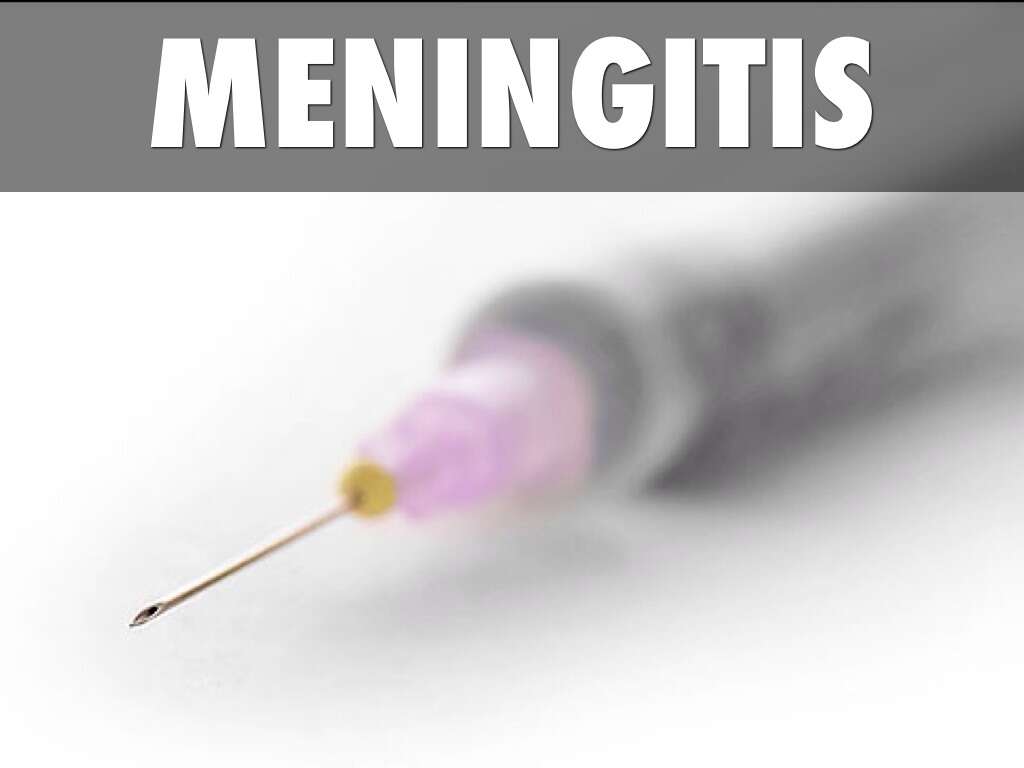What Is Spinal Meningitis?
Spinal meningitis is an infection of the membranes and fluid surrounding the spinal cord and brain. Depending on the underlying cause, the condition may go away on its own. However, it can also be life-threatening, so it is important to take it seriously. In severe cases, spinal meningitis can spread rapidly to the rest of the body and cause brain damage or death.
The most common type of meningitis is viral meningitis. Bacterial and fungal meningitis are less common types. Anyone can get meningitis, but there are certain factors that put some people at higher risk for the condition than others.

1. Causes
Spinal meningitis is most commonly caused by viral infections. In less common cases, bacterial infection can also cause the condition. Most rarely, parasitic and fungal infections can lead to the development of spinal meningitis. Viral meningitis often clears up on its own and is usually mild.
Bacterial meningitis can be life-threatening and is often caused by one of the following strains of bacteria: streptococcus pneumoniae, haemophilus influenzae, Neisseria meningitidis, or listeria monocytogenes. When bacteria enter the bloodstream and make their way to the spinal cord and brain, they can cause acute bacterial meningitis. Bacteria may enter the bloodstream through a skull fracture, sinus or ear infection, or surgical procedure.

2. Risk Factors
Risk factors for meningitis include age (most viral meningitis cases occur in children younger than 5 years old, while bacterial meningitis most commonly affects those under 20 years of age), compromised immune system, pregnancy, skipping vaccinations, and living in a community setting.
There are many conditions that can compromise your immune system, including AIDS, diabetes, alcoholism and other factors. Pregnancy can also increase your risk of meningitis because it increases your risk of listeriosis, which is an infection that may lead to meningitis.

3. Transmission
Some forms of meningitis can be transmitted through saliva, feces, nasal discharge, or throat and respiratory secretions.1https://www.ninds.nih.gov/Disorders/Patient-Caregiver-Education/Fact-Sheets/Meningitis-and-Encephalitis-Fact-Sheet Some types of bacterial meningitis can be spread through coughing, kissing, sharing eating utensils or drinking glasses, or sharing personal items such as lipstick, toothbrushes, and cigarettes.
Children who spend time at daycare centers or in classrooms with infected person’s may become infected themselves. College students living in dormitories also have a higher likelihood of contracting meningitis than college students who don’t live in dormitories.

4. Diagnosis
Spinal meningitis is often diagnosed after a physical exam and review of the affected person’s medical history. Pre-existing medical conditions, medications, and contact with ill person’s are also considered when making a diagnosis. Early diagnosis is vital for the most positive outcome, and your doctor may order diagnostic tests to confirm inflammation or infection.
Diagnostic tests commonly used to diagnose meningitis include laboratory screening of body secretions, a neurological examination, and an analysis of your cerebrospinal fluid surrounding the spinal cord and brain. Brain imaging scans, such as magnetic resonance imaging and computed tomography may also be ordered to detect the presence of meningitis. Testing with electroencephalography can also be used to identify abnormal brain waves that may suggest viral infections and detect seizures related to meningitis.

5. Signs & Symptoms
Early symptoms of meningitis can easily be mistaken for the flu. However, in serious cases, they become more severe over the course of days or even hours. In people older than 2 years of age, common symptoms include sudden high fever, stiff neck, no appetite, severe headache, seizures, and confusion.
People with spinal meningitis may also experience a skin rash, sleepiness or difficulty rousing, nausea, vomiting, and sensitivity to light. In newborns, symptoms may include constant crying, high fever, vomiting, stiffness in the neck and body, and sluggishness.

6. Complications
Complications associated with meningitis include hearing loss, gait problems, memory difficulty, and learning disabilities. More serious symptoms include brain damage, seizures, kidney failure, and death. The longer you have the disease without receiving treatment, the more likely you are to experience permanent neurological damage and seizures.
Because the complications associated with untreated spinal meningitis are so serious, prompt treatment is essential. Even people who have severe meningitis can potentially have a good recovery as long as they receive treatment as soon as possible.

7. Treatment & Management
People who have meningitis should receive prompt medical treatment. Early treatment may include antibiotics that can greatly reduce death from the disease. Some antibiotics can cross the blood-brain barrier and are thus effective at treating bacterial meningitis.
Other treatments include draining infected sinuses, administering anticonvulsants to help prevent seizures, and administering corticosteroids to relieve swelling and brain pressure. It is important to note that antibiotics are not effective against viral meningitis. Fortunately, most cases of viral meningitis are not life-threatening and resolve on their own without specific treatments. Antifungal medications are commonly used to treat fungal meningitis.

8. Prevention
Since meningitis is commonly caused by viruses and bacteria, it’s important to exercise good hygiene to lower your risk of developing the condition. There are many things you can do to prevent meningitis, including washing your hands frequently (especially after using the toilet or being out in public spaces), covering your mouth when you cough and sneeze, and avoiding cheeses made with unpasteurized milk when you’re pregnant.
Additional prevention measures include getting sufficient rest, exercising regularly, and doing other things that can help you maintain a healthy immune system. Your immune system is your first line of defense when fighting off the viruses and bacteria that cause spinal meningitis. You should also avoid sharing eating utensils, straws, and foods with anyone else.

9. Prognosis
The outcome for spinal meningitis depends on a variety of factors, including the severity of the illness, the type of infectious agent causing the condition, and how quickly treatment is received. People with very mild meningitis can usually expect to recover fully, though the recovery process may take a long time.
Individuals with severe bacterial meningitis are more likely to experience long-term complications as a result of the disease. These complications may include speech and hearing loss, permanent nerve and brain damage, blindness, cognitive disabilities, behavioral changes, lack of muscle control, and memory loss.

10. When to See a Doctor
You should see your doctor right away if you have a fever, unrelenting headache, severe stiff neck, vomiting, or confusion. If your doctor can’t see you immediately, seek immediate medical care elsewhere. You should also talk to your doctor if someone you live with or work with has meningitis, as you may be able to get the same infection they have.
Keep in mind that delaying treatment for bacterial meningitis can be fatal within days. That’s why you should seek treatment immediately at the first sign of symptoms. Delaying your treatment could result in death or permanent brain damage.









